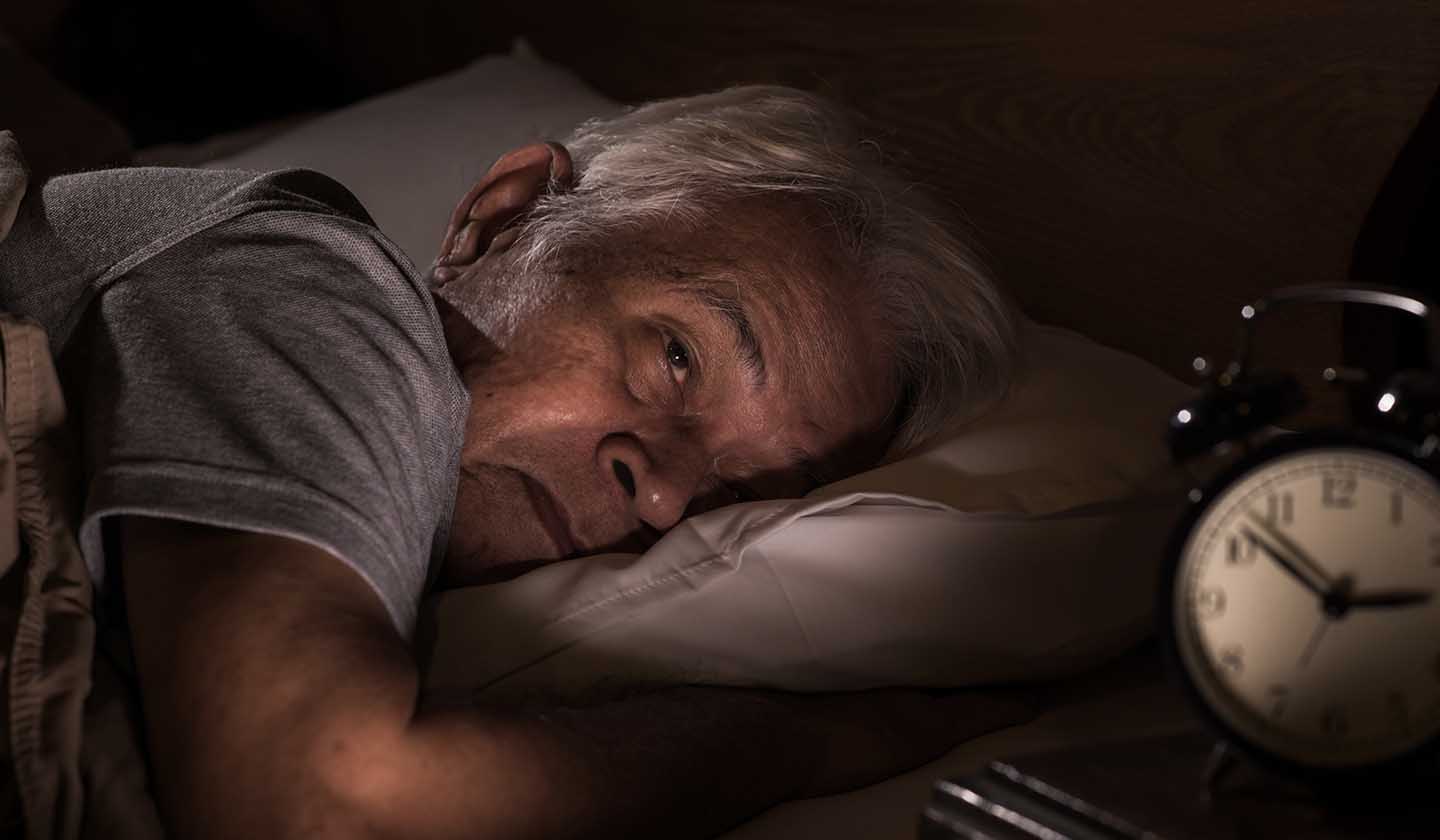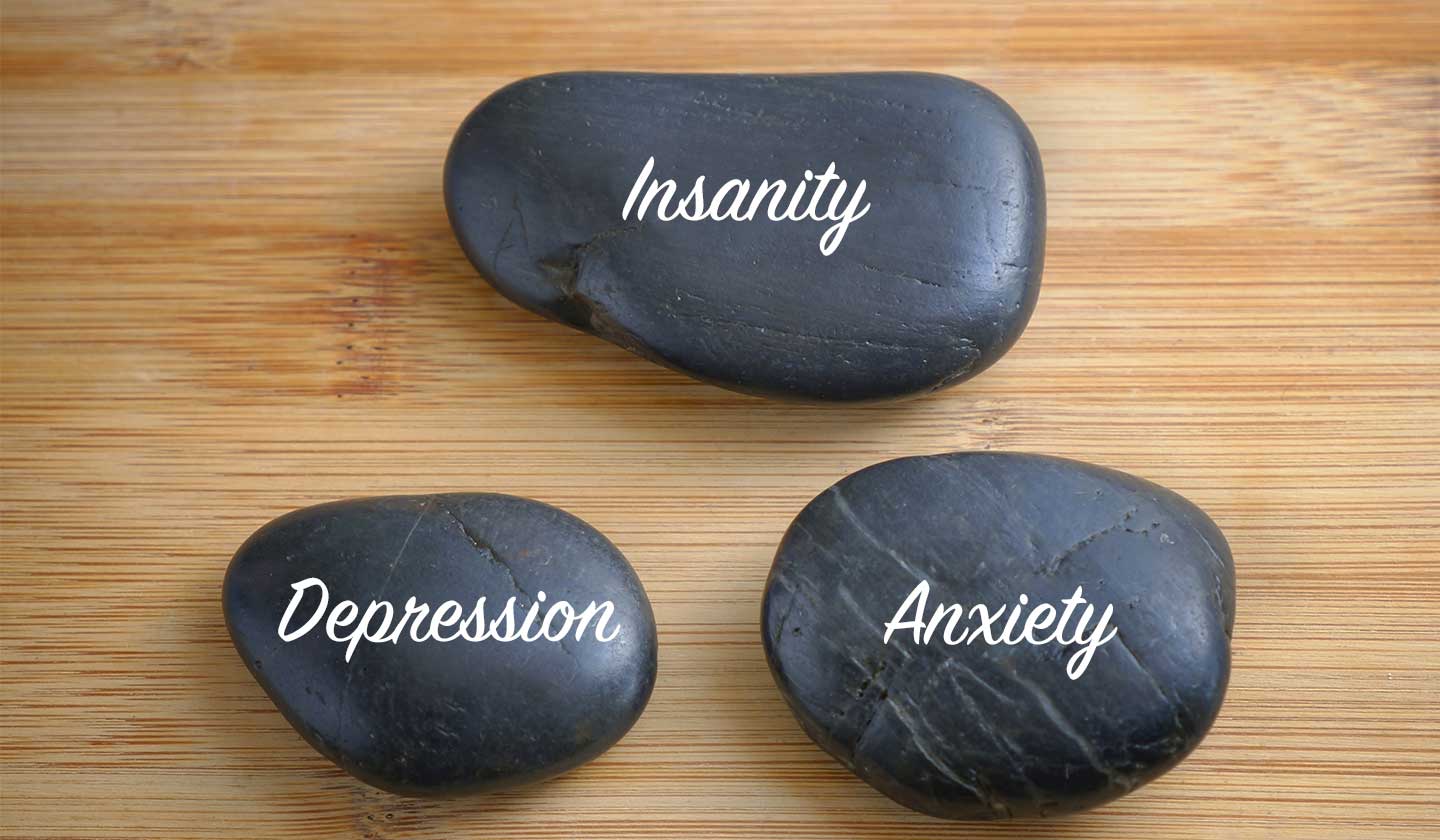Prevention
Sleep like a baby, even when you're not

With ageing, complaints of insomnia seem to increase. However, there is no reason to sleep poorly: changing some old habits can help you to have peaceful nights.

Insomnia...
It happens to anyone, at any age, but the important thing to remember is that an older person, unlike a child or a young adult, is less able to sleep continuously: it is normal to sleep seven hours, on average, it is also normal and frequent to wake up during the night.

Quality of life at stake
Why does this happen? There are several causes:
- A less active life - over the years, we tend to spend less energy;
- Long naps - sleeping in the afternoon leads to less sleep at night;
- Alcohol, coffee, and tobacco consumption - these are stimulating substances;
- Diseases such as depression and anxiety, Alzheimer's or Parkinson's disease, asthma, or urinary incontinence;
- The use of some medications can affect the quality of sleep (ask your pharmacist).

For a good night’s sleep
Sleeping well and having the amount of sleep you need is essential for a day with more energy and in good mood. And for a good night's sleep there are a few simple gestures that help:
- Follow a regular sleeping schedule, pick a bedtime and a wake-up time, paying attention to the amount of sleep you need, which should not be more nor less than necessary;
- During the day, avoid napping for more than 90 minutes.
- Go to bed only when you are sleepy
- Sleep in a calm and comfortable place
- Avoid talking on the phone, watching TV, or reading in bed
- Have a light meal in the evening and avoid caffeinated drinks (tea, coffee)
- Quit smoking
- Avoid drinking too many fluids before bedtime to reduce the need to go to the toilet during the night
- fter going to bed, if you are unable to fall asleep after 30 minutes, try to get up, engage in a calm activity, such as reading, and return to your room when you feel sleepy.
Sources
iSaúde
Farmácia Distribuição Magazine
Também lhe poderá interessar
Respiratory system






